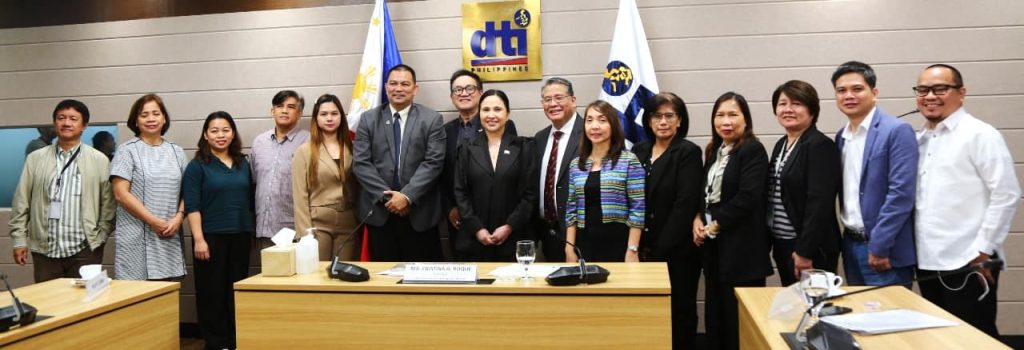
President Duterte signed last month, Republic Act No.11057 or the Personal Property Security Act (PPSA) to boost access to credit and financing for the country’s micro, small and medium enterprises (MSMEs), including exporters as well as farmers and fisherfolks. This means that banks and other financial institutions will now accept account receivables, inventory, warehouse receipts, crops, livestock, machinery and equipment, vehicles and even deposit accounts.
In the past, banks and other financial institutions prefer traditional collateral such as real estate or land for loan applications. As these assets are hard to come by for MSMEs, bank loans were often only accessible to and obtained by larger corporations. But with the new measure, land titles would now cease to be the sole requirement for securing bank loans.
By expanding the said list, the government is promoting an increase in economic activity of the MSMEs which redounds to better businesses, more revenues and more jobs for the Filipinos.
Further, the law also provides for the establishment of a unified, centralized online notice-based collateral registry that is lodged in the Land Registration Authority (LRA) to provide protection and more confidence to banks and financial institutions in lending to MSMEs and the agriculture sector. Such collateral registry will serve as a centralized digital record for personal properties being used as collateral, thus, allowing banks to make sure that their applicants’ collateral will not be used for more than one loan application.
In addition, the passage of the law is expected to improve the country’s position in the Getting Credit indicator of the Ease of Doing Business Survey of the World Bank.
Finally, with a sustained effort from the government and private sector partners, the country will surely achieve a more competitive and sustainable economic growth through a reformed and secured transaction system in the country. (GTM)



 The Small Business Corporation’s (SBCorp) CAREs (COVID-19 Assistance to Restart Enterprises) Program is part of the government’s economic relief program for micro and small enterprises affected by the COVID-19 pandemic.
The Small Business Corporation’s (SBCorp) CAREs (COVID-19 Assistance to Restart Enterprises) Program is part of the government’s economic relief program for micro and small enterprises affected by the COVID-19 pandemic.  Due to the continuing rise of confirmed COVID-19 cases and the scarcity of medical devices and Personal Protective Equipment (PPEs) the Department of Trade and Industry (DTI) through its lending arm- the Small Business Corporation (SBCorp) felt the need to augment the critical supply gap and significantly reduce the risks and serious threat posed by COVID-19 to the health and safety
Due to the continuing rise of confirmed COVID-19 cases and the scarcity of medical devices and Personal Protective Equipment (PPEs) the Department of Trade and Industry (DTI) through its lending arm- the Small Business Corporation (SBCorp) felt the need to augment the critical supply gap and significantly reduce the risks and serious threat posed by COVID-19 to the health and safety 